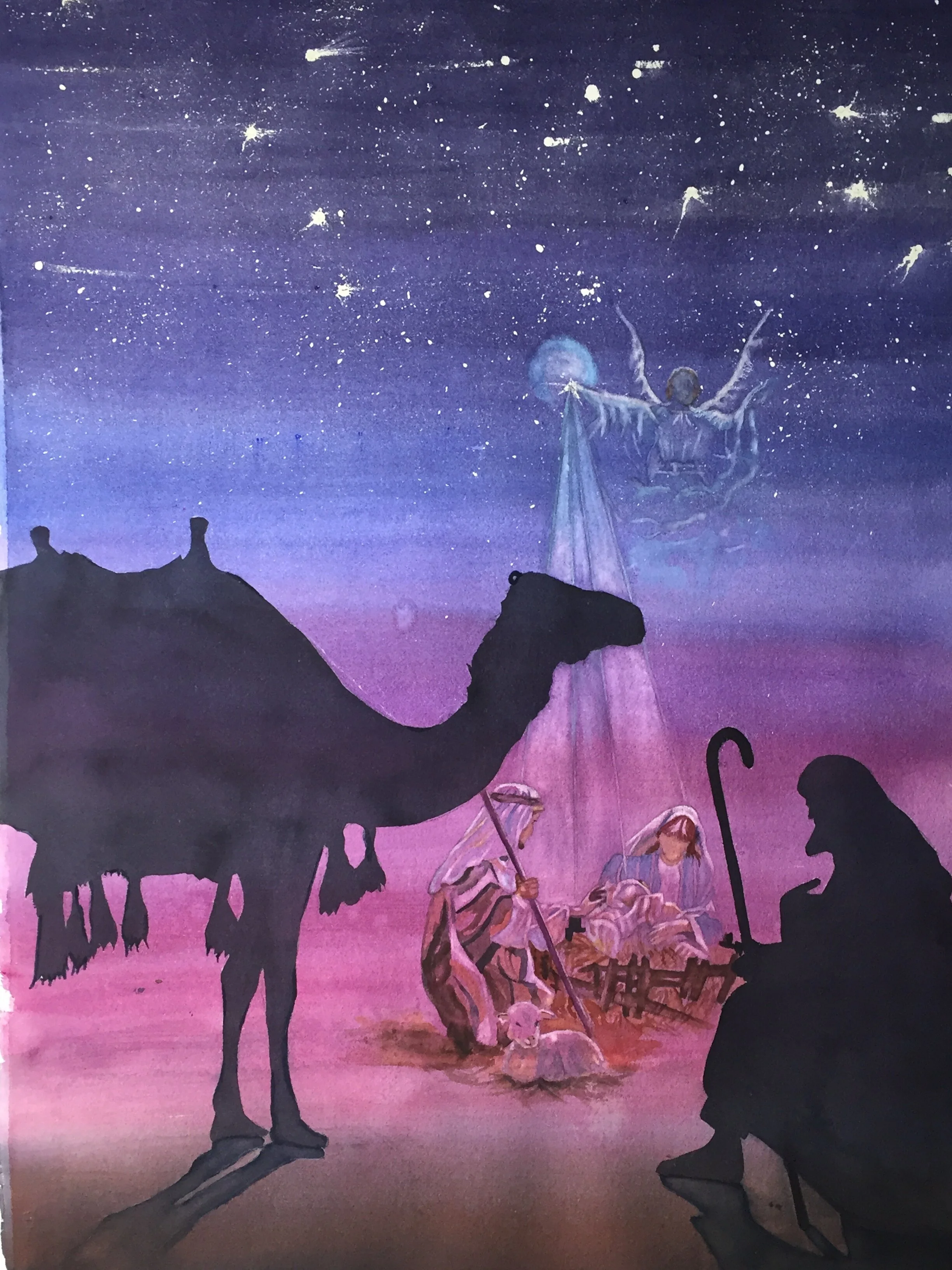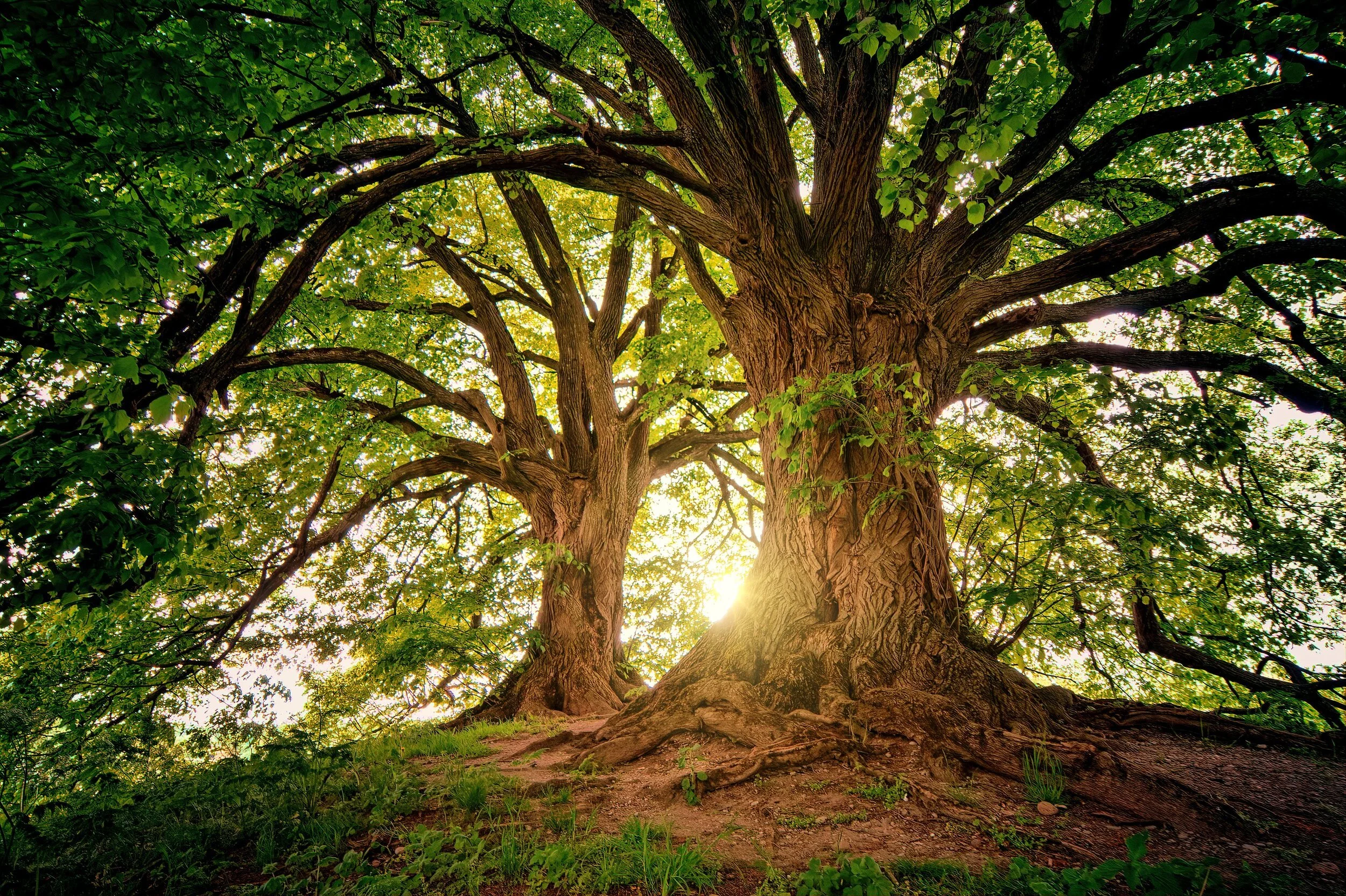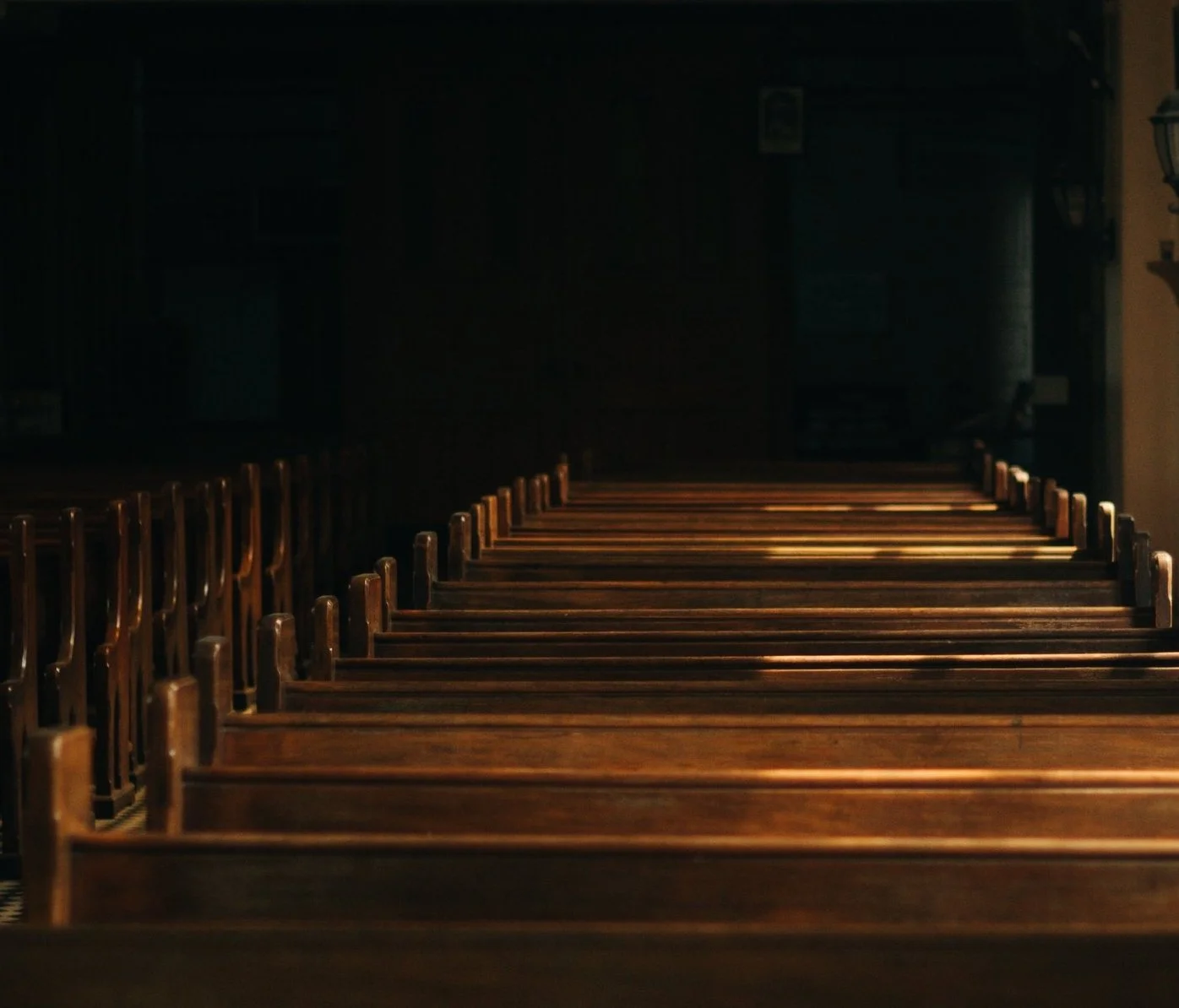_____________________________
I remember the day when the sky grew gray and autumn first descended over the sun-crisped fields. The wind, my balmy friend, grew restless and chill, and the earth seemed almost to step back from me. I roamed that day with timid feet and quiet eyes. The cold was imbued with a presence; the wind bore whispers of something I had not yet encountered. That night, I mulled the changed face of the land before I went to sleep. My bedroom door had been gently shut, a nightlight glimmered in the corner, but my eight-year-old eyes were wide with wakefulness. I squirmed under my quilts. To be stowed in bed and not ready for sleep is a torture. So I sat up and turned to the window behind my head. My grandmother's shades covered the glass, but I lifted one, and stuck my head under it so that I was nose to nose with the glass.
Chill as ice, it stung my skin and the pane blushed with my breath. I stared through the mist it made on the window into the wide black of empty Texas fields, darkness filling the flatlands as if with water. The rise of it came to my window; I felt dark lapping the ledge beneath my face and I pulled back. I looked up to the sky and my eyes were tangled in a net of stars. Cold, countless, spattering a blackness whose start and end I never could find, they stared hard at me until I drew my quilt tighter round me. It came then, a sense of my own smallness. The sense of being a thing so tiny I didn't merit a glance from those proud stars or that enveloping dark.
Abruptly, the feeling that had simmered in my heart all day rose to a sudden boil that closed my throat. What I felt was fear. Not terror as of under-the-bed-monsters, but a wordless, choking awe at the realization that something lay behind the beauty of the earth I loved and it was far bigger than I had ever dreamed. I ran for my parent's room and found my dad. It took him a good half hour of holding me close and telling me that the presence I felt was God and it was Love's immensity brooding out there in the stars before I consented to get under my covers again. When he was gone, I lifted the shade an inch one more time.
I will never forget that night; it was my first brush with eternity, my first comeuppance against something so much bigger than myself that I must be terrified or thrilled. But I will also never forget it because it was the first time I understood with unmitigated clarity that nature speaks. That skies shout and trees write words across a wide-eyed sky. I realized that the black eternity of the night and those high, proud stars were speaking with wordless voices, meaning in every atom of their pulsing dark and bright. And all through the summer the wind had sung and the fields had shimmered with secrets, and the trees had bent to share their counsel.
That night, I learned a truth that haunts me still: to step out of my air-conditioned, insulated house into the wind and tumbling atoms of the atmosphere is to enter a world that daily tells a story, a cosmic narrative told anew with each rising of the sun. And I think that story is one we were meant to taste and see, touch and love every day of our lives.
One of the "issues" I write and speak about is the loss of story in our culture. I am a little terrified of the way that children are growing up without the riches of good books to shape their imaginations and form the eyes with which they perceive the world and their own tale within it. But the deeper I delve into the world of story and the impact that great narratives have on our view of ourselves, the more I find that there are different kinds of storytellers. Books are certainly one, and one I will fight for children to have in every phase of soul formation and mental growth. But nature is another. And children are getting separated from the wild glory of the earth just as quickly as they are forgetting to read.
I am bothered greatly by the realization of how technological and synthetic our daily worlds have become. When I examine my own usual rhythms, something akin to panic rises in my throat as I realize the way in which Internet, iPhone, and Facebook have increasingly claimed my days. Technology is a ceaseless, relentless presence, eating hours of time, hours often spent in the car with a regulated, air-conditioned atmosphere. I live in a modern house that keeps the outdoors entirely at bay. And while I know that these are "modern conveniences" that make life much more comfortable and (supposedly) connected than it was in the past, I also am becoming aware that many things were lost in order to gain these gifts. Like a close knowledge of the seasons, a personal awareness and dependence on the bounty of the earth for food, a rhythm of life lived by the light and dark of the sky. A life lived in conversation with those stars whose voice "has gone out to the ends of the earth."
The reason this particularly concerns me is that I've been going back through Genesis, studying the patterns and forms by which we were originally made to live. I'm possessed by a white-hot determination to identify, out of the countless competing philosophies, what a meaningful life looked like right at the dawn of human existence. In my Scriptural search, the most basic mandates I've found to inform us how to exist as human beings regard our relationship to God, our connection to family and community, and our charge to rule and subdue the earth.
I have been mightily struck with this realization. Though we are fallen, caught in the circles of a broken world, the gift of the plentiful earth remains. The ancient rhythm endures: light and dark, summer and autumn, star and sunlight. Our senses are still intact. So are our stewardships of family, and home, which constitutes our place within the earth we have helped to cultivate. And however imperfectly we now live out God's original commands for us to be fruitful and multiply, to subdue, cultivate, and tend the earth, we ignore those fundamental trusts to our peril.
In an age when few of us live anymore in the country, I think it is easy to forget that one of our primary charges is to intimately know and graciously rule the earth. And though a dozen more practical reasons for this charge could be named, I think one of the primary reasons is that it embodies and signifies the goodness of God. It speaks of his imagination and sets us amidst his thought enfleshed. "In the beginning, God created," and every atom came from his imagination. I believe he made the world in such a way that to tend it, to touch it, to crumble its dirt between our fingers, to scent the tang of coming rain, to watch the sunset, would be to know His nature. He told a story into the earth, and it is the tale of his bounteous heart. We were given the uplifted arms of pines, and the generosity of a summer garden, the laden arms of apple trees, and the dark patience of mountains to keep us alive every day to all that God is and will continue to be. And I think this remains despite the fall.
So here's my inner struggle: how can we in a modern age truly live out the original forms of life that include our stewardship of and immersion in the beauty of the earth? I'm not a farmer. I didn't grow up working the land. I, and most of the people I know, live in suburban or city areas, with feet striking concrete or accelerator pedals most of the times we venture out. I go for walks on nature trails, I plant my little pot of flowers. But I have to work and plan hard to spend time firmly in the company of the earth. To dwell for more than a few cursory minutes in the outdoors or actually grow a living thing from the soil requires planning and dedication. Often, it feels awkward, like cramming something unwieldy into a tiny box that cannot quite contain it.
But when I investigate Scripture, examine the rhythms of my own life, and become aware of my increasing disconnection from nature and community, I feel that the cultivation of the earth is something that is both desire and conviction for me. A work for which I was made, yes, but also an atmosphere, an experience, a daily narrative I need in order to remember my place in the story of the world. Of course, my first idealistic impulse is to abandon everything and buy a farm. (Never mind that I haven't yet made my fortune.)
But when my fervor settles and my eyes look honestly at the life I have right here and now, I begin to understand that while land ownership may be out of my reach for the moment, I do have the power to alter the rhythms of my life. And this alone can be a mighty step of return to a life centered on the story, the "taste and see" evidence of God's kindness in creation. Farmer or not, I do have the power to form the habits, spaces, and cadence of my days to allow me, even in suburbia, to enter the work and story of the earth, for I can choose to live according to the rhythm of the Internet, the highway, the fastfood beat of modern life. Or I can stand aside from that wild, endless race, and return to a cadence of life set in place with the dawn of creation.
For me, this began with a break from Facebook. When I made that first baby decision at the beginning of the summer, I didn't realize the full impact this choice would have on my thoughts regarding the earth. But after two months of absence from the Facebook world, and a few other like decisions, I was aware of my mind returning to quiet, my thoughts slowing, my eyes able to focus, my days restructured around work, light, and relationship, rather than the online world. A couple of months in, I realized that my increasing involvement with the online world for work, friendship, and entertainment in the past years meant that I was submitting my mind to the rhythms and patterns of its universe. And as I did, I was disconnecting myself from the patterns of earth, home, and community.
The virtual world never rests. Hush, pause, stillness are antithetical to the nature of the Internet which is to produce "new" information every hour of the day. It resists moderation and even mental limitation. I can scan an almost incredible amount of information in an hour on the Internet, and I need never rest on one page for long. There is always the next thing to scan, check, discover, and in that rush, I become increasingly disconnected from the world, the day, the people before me right in the present moment. It's a disconnection writ large in the way we moderns work, in our hurry to achieve many things or attend many activities, in our restless need for stimulation, our hunger for the next job, the perfect person, the new place. Our movement, our yearning, our ceaseless need to know, gain, do, in many ways reflects the pace and goals of the virtual world that has shaped our consciousness, our imagination, and our desires.
And so, my first act of resistance this summer was to spend each dusk in a rocking chair on the front porch. The next was to try my hand at gardening the tiny bit of earth available to me. I forsook my screens in favor of long walks in which I noticed the weather as "news from God" (in the words of the poet, Gerard Manley Hopkins). I've watered flowers, watched birds, cooked with just what I could rummage from the farmer's market, and eaten it slowly, by candlelight, and taken the time to invite other friends to join me. I've read. I've listened. I've breathed, with greater depth and ease than I have in many months.
And in so doing, I feel that I have reclaimed an ancient cadence, a rhythm of life based not on the machinistic schedule of a sleepless Internet, but rather on the dance of day and night, rest and work, silence and song. And I am learning so much from my tiny corner of the earth. I find that there is a patience that only an old tree can teach. Faithfulness that only the unquestioning, trusty ground can model in its ceaseless readiness to yield in season. I find joy in the birdsong, with an illusive note of hope. And in those stars, in the night sky whose acquaintance I have reclaimed, I taste again that sense of eternity, staring down at me through the mask of the heavens. I am awed, and afraid, and glad.
Once again, I am a child in heart, and in the hush I have reclaimed, the earth is telling me its great story all over again.
Sarah loves good books and thinks everyone else should too. She's editor and queen at storyformed.com, where she hosts a website on reading and imagination, and she just published her third book, Caught Up in a Story.
Share with friends:
Image via Creative Commons.






















